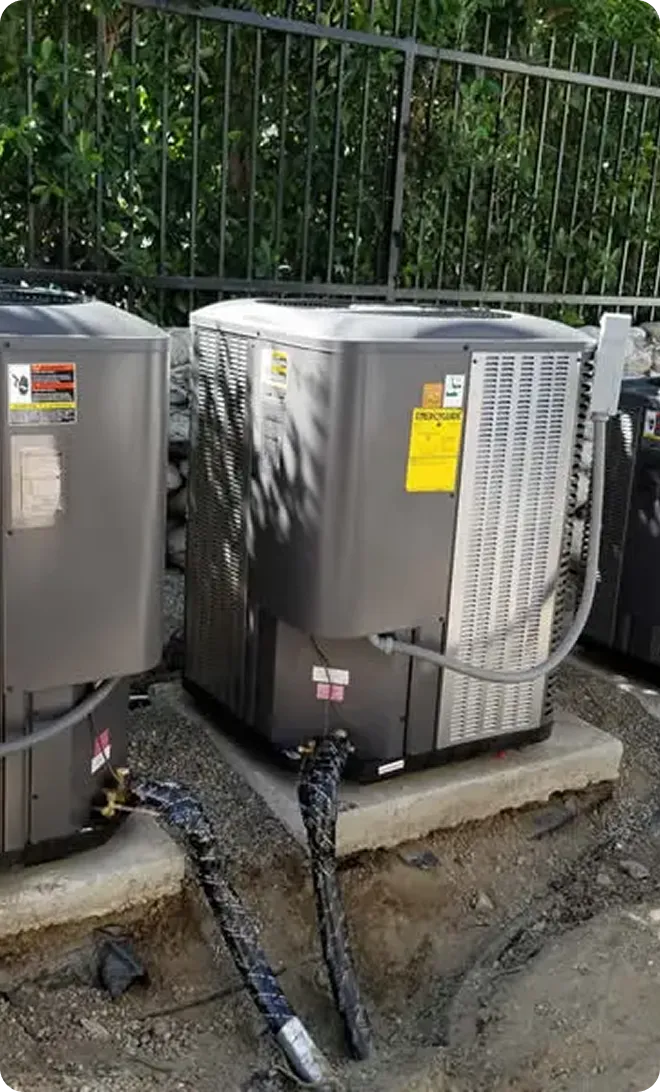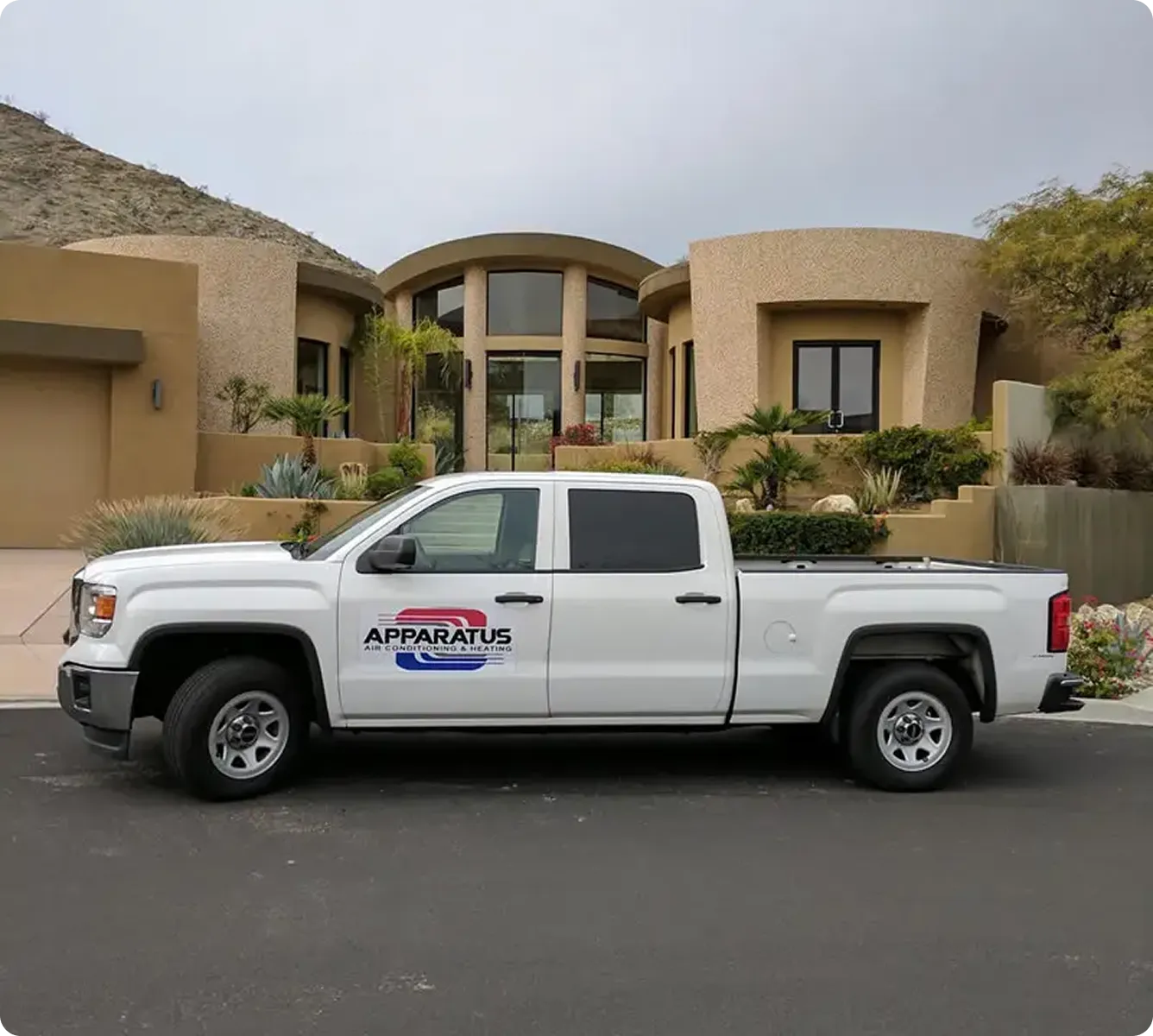
Water Heater Tune Up in Cathedral City, CA
Water Heater Tune Up in Cathedral City, CA
A regular water heater tune up keeps your home comfortable and prevents the sudden, expensive failures that are common in desert communities. In Cathedral City, CA, high year-round demand, hard water, and heavy summer use put extra stress on water heaters. A professional tune up targets those stress points to restore efficiency, extend equipment life, and improve reliability when you need hot water most.
-min.webp)
Why a tune up matters for Cathedral City homes
- Cathedral City experiences long, warm seasons and frequent use of showers, pools, and laundry, increasing runtime for water heaters.
- Local tap water is typically mineral-rich, which speeds sediment and scale buildup in tanks and on heating elements or burners.
- Older units or systems in rental and vacation properties can be especially vulnerable to sediment-related failures and reduced efficiency.
A tune up addresses these local issues directly, helping reduce energy bills and lowering the risk of mid-season breakdowns.
Common water heater problems in Cathedral City
- Reduced hot water capacity or shorter supply due to sediment-filled tanks
- Noisy operation (popping or rumbling) from sediment boiling at the tank bottom
- Slow recovery times from high household demand
- Discolored or rusty water from corrosion inside the tank
- Pilot light or burner problems on gas units and failed heating elements on electric units
- Leaks from pressure relief valve or tank seams caused by corrosion
What a Water Heater Tune Up in Cathedral City includes
A complete tune up is a systematic inspection, cleaning, and testing process. Typical tasks performed:
- Flush the tank to remove accumulated sediment and mineral deposits that reduce capacity and heat transfer.
- Inspect and test the temperature and pressure (T&P) relief valve for proper operation and safe pressure release.
- Check and inspect the anode rod for corrosion; recommend replacement if depleted to prevent tank corrosion.
- Test thermostats and controls for correct settings and proper operation; recalibrate if needed.
- Inspect and clean burners and pilot assembly (gas units) to ensure efficient combustion and safe operation.
- Check heating elements and electrical connections (electric units); measure element resistance and tighten or replace wiring as needed.
- Examine flue and venting on gas units to confirm proper draft and clearances.
- Inspect for leaks, corrosion, and tank condition, including visible signs of rust or weeping seams.
- Clean accessible components: air intake screens, combustion chamber access, and exterior surfaces for optimal performance.
- Measure temperature rise and recovery time to confirm the unit meets expected performance.
- Provide maintenance recommendations such as anode rod replacement, additional flushing, or water treatment options.
Expected duration and what to expect during the visit
- Most residential tank water heater tune ups take about 45 to 90 minutes. Duration depends on tank size, condition, and whether parts need replacement.
- Tankless water heater maintenance is typically shorter per unit but may require longer if scale removal is needed. Expect 45 to 120 minutes for tankless descaling in severe hard water conditions.
- The technician will perform safety checks first, then clean, test, and document findings. You may be asked to provide access and confirm the unit type (gas or electric).
Benefits of regular tune ups
- Improved efficiency and lower energy use: Removing sediment and optimizing burners or elements restores heat transfer and reduces run time.
- Greater reliability: Preventive maintenance identifies failing components before they turn into breakdowns.
- Longer equipment life: Replacing the anode rod and removing corrosive deposits slows tank deterioration.
- Safer operation: Properly functioning T&P valves, vents, and combustion parts reduce the risk of overpressure, leaks, or carbon monoxide issues on gas units.
- Better hot water supply: Flushing and testing improve capacity and recovery time so the household gets predictable hot water.
- Warranty compliance: Many manufacturers require regular maintenance to keep warranties valid.
Recommended tune-up intervals
- Standard tank water heaters: Annual tune up and flush is recommended, especially in Cathedral City where hard water accelerates sediment buildup.
- Tankless water heaters: Service every 12 months, with descaling more frequently if water is very hard or the unit serves a high-demand household.
- Anode rod inspection: Check every 1-3 years; replace depending on wear. In hard water areas, more frequent inspection and earlier replacement are common.
- If the tank is older than 8-10 years, consider inspection at shorter intervals and start planning for replacement before a failure occurs.
How tune ups prevent costly failures
- Sediment erodes heating elements and creates hot spots that lead to early failure of tank walls or elements. Flushing prevents that buildup.
- A failing anode rod means the tank walls will corrode faster. Replacing the rod is far less expensive than replacing the entire heater.
- Faulty T&P valves or blocked vents can lead to pressure problems or unsafe combustion. Testing these components prevents emergency situations.
- Early detection of leaks, rust, or weak seams gives homeowners time to plan and budget for replacement, avoiding water damage and emergency replacement costs.
Simple maintenance tips for Cathedral City homeowners
- Keep the thermostat at 120°F to balance comfort, safety, and efficiency.
- Drain a few gallons from the tank every 6 months to slow sediment accumulation if a full annual flush is not practical.
- Consider a water softener or scale-reducing device if you have very hard water to protect heating elements and reduce descaling needs.
- Insulate hot water pipes and the tank (if appropriate) to reduce standby heat loss and speed up delivery.
- Watch for warning signs: rumbling noises, rusty water, frequent cycling, or visible leaks. Address these promptly.
Signs you need immediate service
- No hot water or only lukewarm water
- Continuous or worsening leaks from the tank or valves
- Loud, persistent popping or banging noises
- Visible corrosion or rust on the tank exterior
- Yellow flame or soot around a gas burner or the smell of gas
A professional water heater tune up tailored to Cathedral City conditions protects your home from the specific strain that desert heat and mineral-rich water place on hot water systems. Regular maintenance keeps systems running efficiently, safely, and reliably so your household has hot water when it matters most.

hear what our satisfied
clients have to say









.webp)